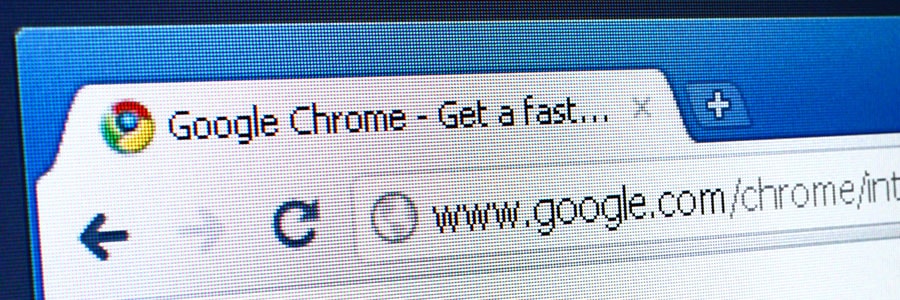Google Chrome currently marks HTTPS-encrypted sites with a green lock icon and “Secure” sign. And starting in July, Chrome will mark all HTTP sites as "not secure.” Google hopes this move will nudge users away from the unencrypted web. Read on to learn more about the forthcoming changes.
Chrome to mark HTTP as ‘not secure’
Phishers use encrypted sites to scam

Just when you thought cyber criminals couldn’t get smarter, along comes a new scamming technique. Previously used for safeguarding browsing activity, encryption tools are now used by hackers in carrying out phishing scams. This means some fraudulent sites may have HTTPS on their address, giving users a false sense of security.
Cybersecurity Essentials: VPN

Whether it’s because of government surveillance or cyberattacks, internet users are more concerned than ever about the privacy of their online activities. Unfortunately, security measures like firewalls and antivirus software can’t help you in this case, but there’s one that can: Virtual Private Network (VPN).
What is VPN?
Simply put, a VPN is a group of servers you connect to via the internet.
Is the government really spying on you?
- 1
- 2


